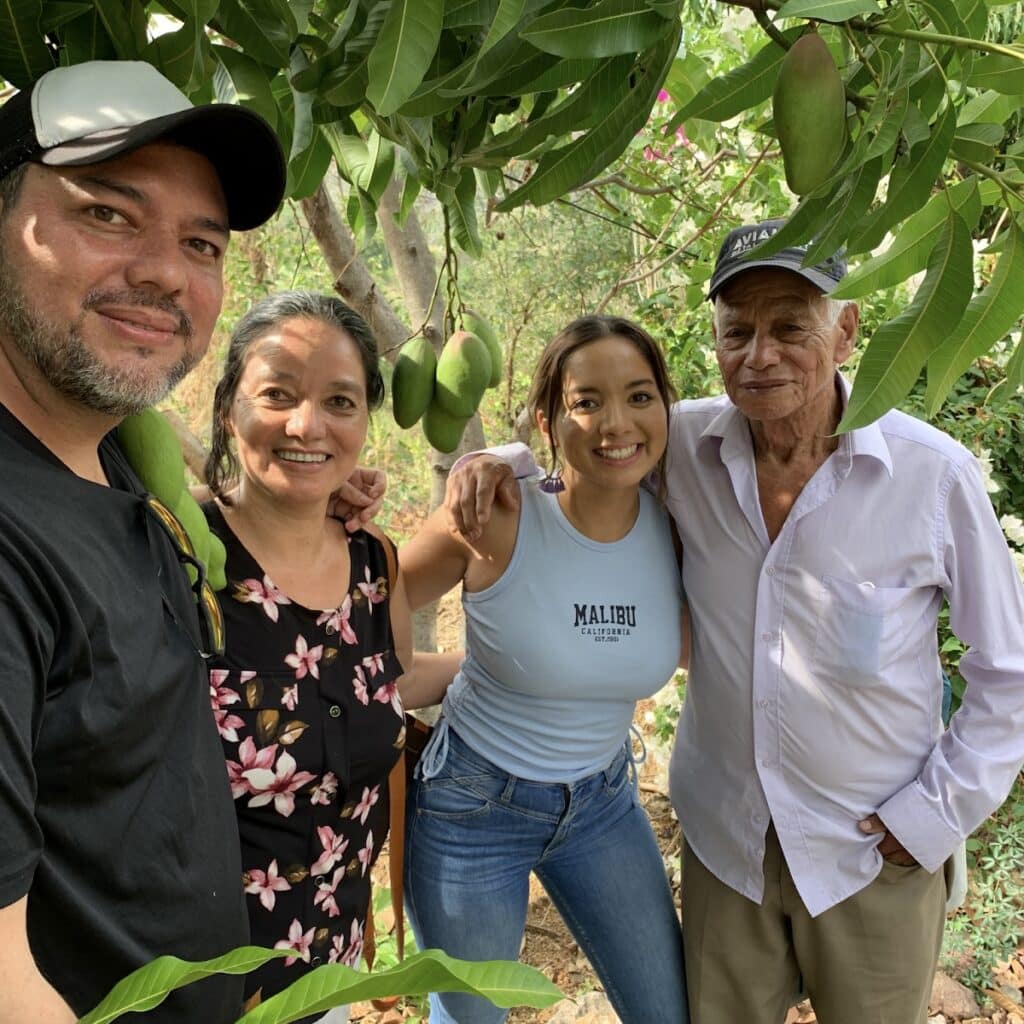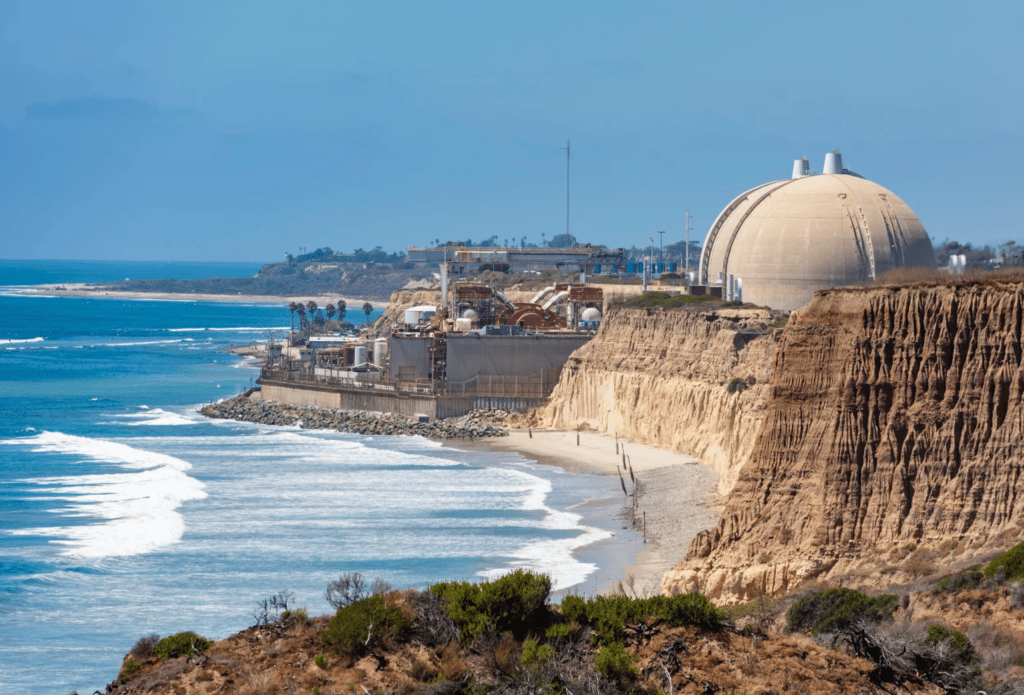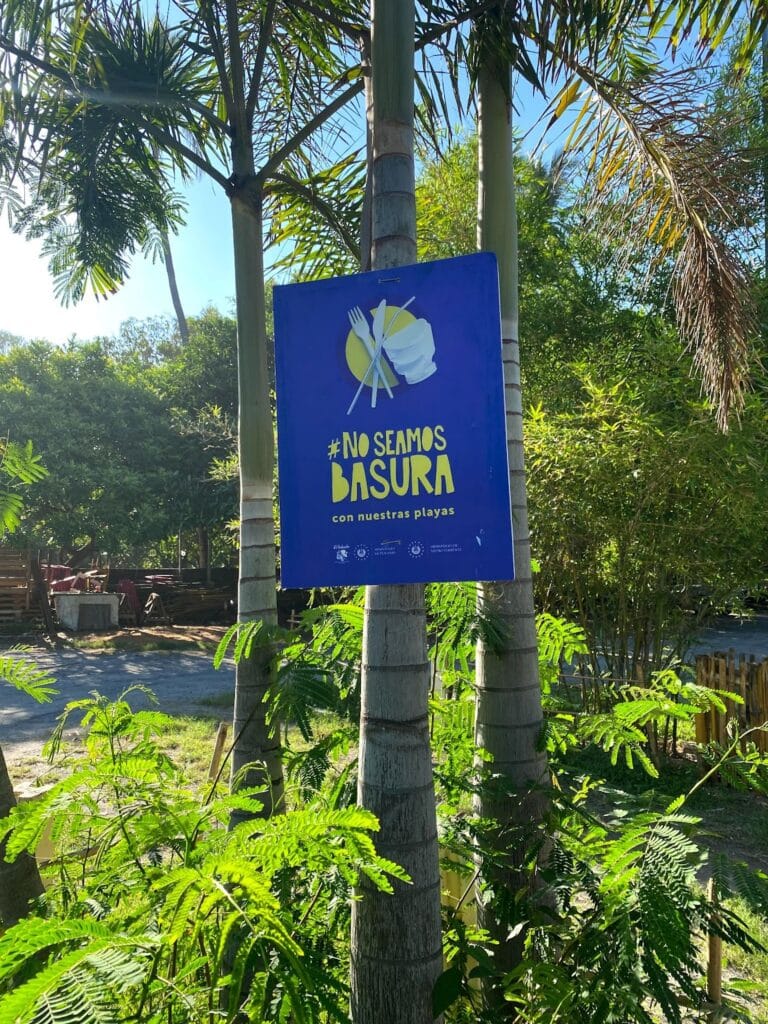
The “War” on Climate Change Does Not Inspire Confidence or Success
By Jasmine Guevara, Green 2.0 Fellow
Coming from a tradition of resilience through humor expertly modeled by her family, Jasmine grew up surrounded by wordplay, a love for the environment, and parents that could have been authors. Early on, this piqued her interest in how we talk and, later, how we talk about climate change. In this blog, Jasmine explores the current rhetoric employed when discussing climate change, its history and implications, and alternative approaches we can adopt moving forward.
For decades, violent war terminology has permeated the climate conversation. We discuss “battles” and “frontlines” about air pollution and rising sea levels. This language inadvertently sustains the interrelated projects of White supremacy and Western imperialism within environmentalism.
There is an abundance of discourse on the move from “global warming” as the term du jour to “climate change” and “emergency.” However, less intersectional analysis exists on the shortcomings of war terminology as a rhetorical tool in climate change discourse.
I’m calling for us to be critical of this language, not for the inaccuracy of its urgency, but for its potential to subconsciously center White agency in the climate movement. White, wealthy, cisgender men hold power in militarized spaces. When we rhetorically frame the climate movement similarly, we center the same strategies and power dynamics.

Violent language and parallels to war trace back to the 1960s and 1970s, with Paul Ehrlich and Rachel Carson’s compelling environmental narratives, developed in a United States, drenched in racialized war propaganda. Independently of their scientific integrity, these narratives had profound ramifications.
Ehrlich’s xenophobic carrying capacity framework invoked disturbing imagery of a “bomb” that would be the death of humanity. On the heels of the U.S. attacks on Hiroshima and Nagasaki, Carson similarly drew parallels between the disastrous ecological effects of pollution and atomic bombs.
Moreover, Carson’s continued credit for kickstarting the U.S.’ environmental consciousness erodes the meaningful and earlier contributions of people of color. The social dynamics of war continue to be imposed on the environmental movement, with some going as far as explaining climate change as the third world war.
Why it’s inaccurate
The West’s military infatuation manifests in the environmental context as calls to action at the individual and national levels, neither of which are effective. Individual mobilization rhetoric places undue pressure on those least responsible for environmental degradation. We continue, metaphorically, calling people to action for a “fight” they did not cause and communicating in a way reminiscent of traumatic histories, especially salient for diasporic and other marginalized communities

Moreover, the national level of analysis, often lauded as the only strategy sweeping enough to mitigate climate change, does not capture the experiences of communities of color whose political standing in the U.S. is one of erasure and contested sovereignty. The national lens occludes environmental justice, community-based, and grassroots efforts from conversations about successful solutions.
Take the case of Walter Ritte, a revolutionary of the Kaho’olawe nine. His community’s ecological preservation of their land and sovereignty over it happened at a subnational level, not recognized by a Western imposition of statehood. Their successful efforts contested colonization and the military-industrial complex as foundational to their climate activism.

What can we use instead?
Our continued reliance on these rhetorical strategies frames our actions around violence. It affirms those the U.S., and the West, have entrusted with geopolitical power broking and has troubling implications as to whom we will continue placing at the helm of climate change mitigation.
There are alternatives to how we speak about climate change that help build necessary radical imaginations. We must do away with dominant social paradigms to preserve our Earth. Language is one way to begin this journey.
In the new year, let’s be intentional about using terms like “mitigation” and “innovation” or adopting COP27’s use of “implementation” and “adaptation.” We can decolonize our conservation language, draw strength from the Chipko movement, and even find intersections for self-deprecating humor and environmental goals.
We must use the strength, joy, and humor stemming from our identities and the resilience necessitated by our imposed circumstances, not forgetting the real urgency and foes in this movement but realizing that militarized language and spaces do not need to define us.

For more information about Jasmine, follow her on LinkedIn.
